|
A year ago the people of Sudan were heralding the fall of former president Omar al-Bashir, the country’s long-serving strongman, following a sustained mass uprising. A host of grievances fanned the protests, among them endemic corruption, a struggling economy, human rights violations and a failed health system. Now the protesters have returned to the streets, demanding a greater role for civilians in the country’s transition towards democracy and faster reform. David E. Kiwuwa sets out how entrenched interests are standing in the way of change.
As cases of COVID-19 continue to increase, so too is the pressure of finding a safe and effective vaccine. But vaccine development is an intricate process involving carefully implemented ethical processes and procedures. Arinola O. Ganiyu warns that, in the search for a COVID-19 vaccine, no corners should be cut.
|

A Sudanese demonstrator at a protest in the capital Khartoum.
Ashraf Shazily/AFP via Getty Images
David E Kiwuwa, University of Nottingham
The people are frustrated with a reform agenda that is unfolding at snail's pace.
|
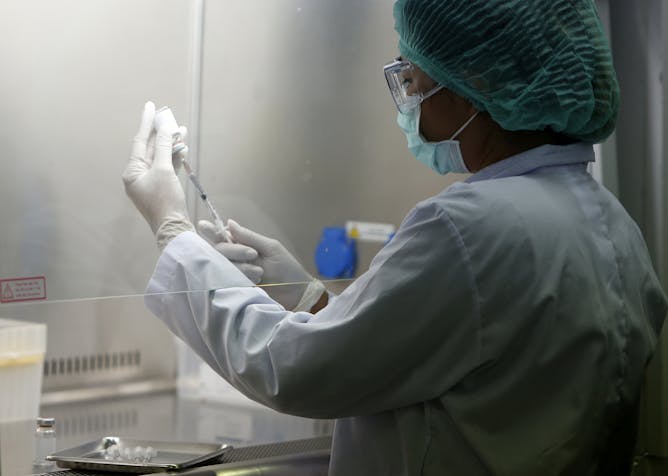
A researcher wearing a face mask and gloves as a preventive measure inside a laboratory.
Chaiwat Subprasom/SOPA Images/LightRocket via Getty Images
Arinola O. Ganiyu, University of Ibadan
Vaccine development usually spans a number of decades. This is because there's a need to understand the mechanisms of protection against the pathogen, and to minimise adverse reactions.
|
Energy + Environment
|
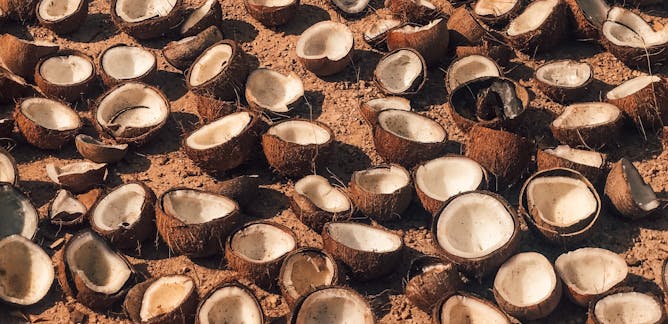
Erik Meijaard, University of Kent
The coconut – an icon of unspoiled tropical idylls – causes more environmental harm than many people realise.
| |

Emily Grubert, Georgia Institute of Technology
Energy companies are marketing a new fuel: 'renewable' natural gas. But it's not the same from a climate change perspective as wind or solar energy.
|
|
|
Health + Medicine
|
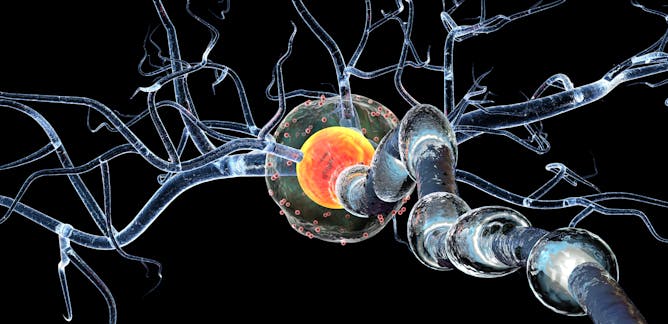
Sherry H-Y. Chou, University of Pittsburgh; Aarti Sarwal, Wake Forest University; Neha S. Dangayach, Icahn School of Medicine at Mount Sinai
As if the symptoms of COVID-19 were not disturbing enough, physicians have noted a rare neurological condition that emerges during some severe cases of this viral infection.
| |
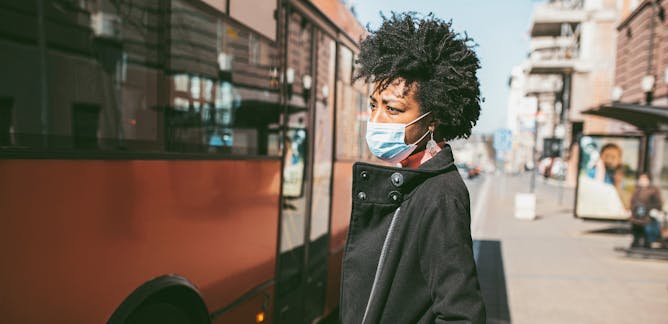
Olga Yakusheva, University of Michigan
Putting a dollar value on human lives to compare the costs and benefits of stay-at-home orders can have unintended consequences. These researchers found a different way.
|
|
|
Politics + Society
|

Aradhna Krishna, University of Michigan
We want to be whitelisted and not blacklisted for jobs. White lies make stretching the truth okay, but you don't want to receive a black mark on your record.
| |
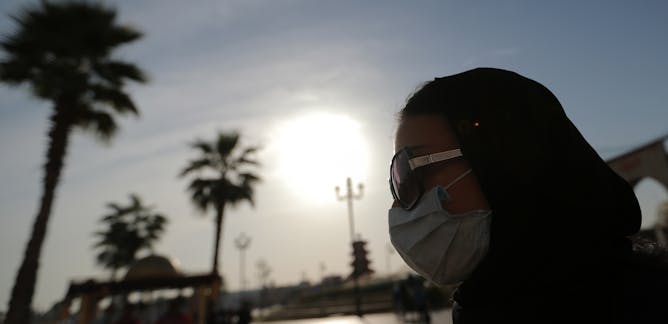
Humaira Hansrod, University of Oxford
Gulf states have given women great education, but they are still very limited participants in the workplace.
|
|
|